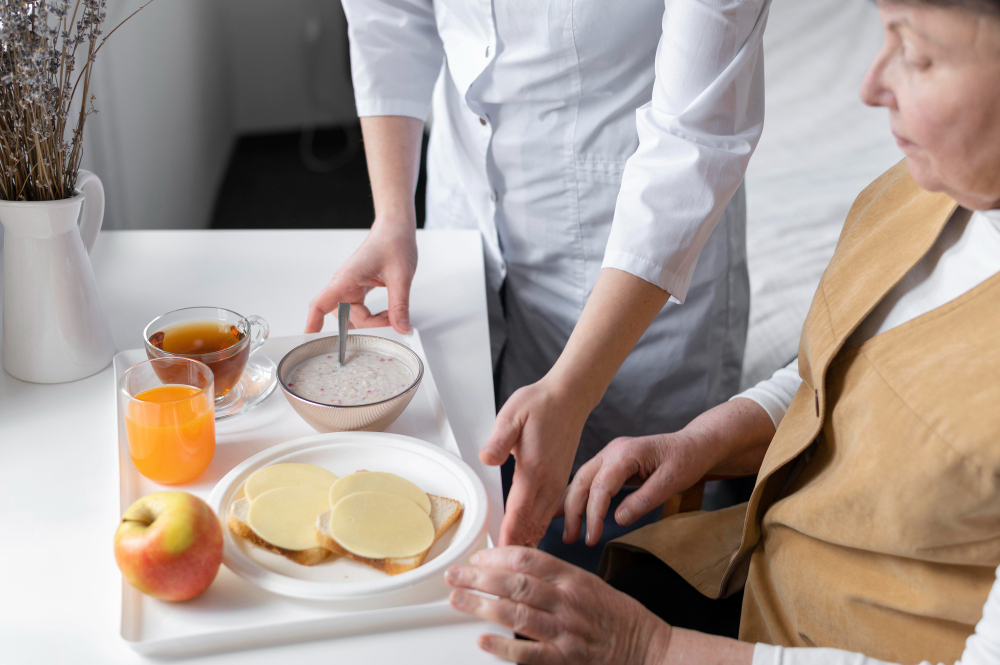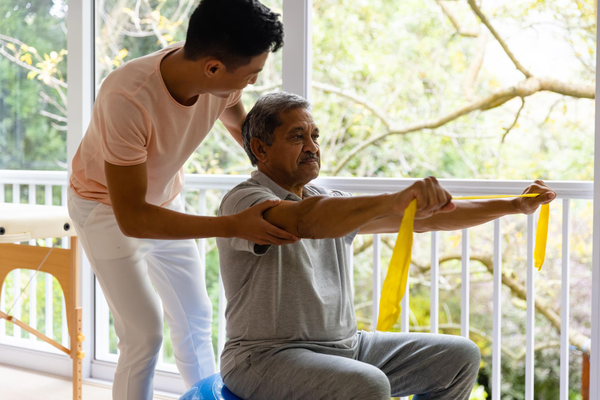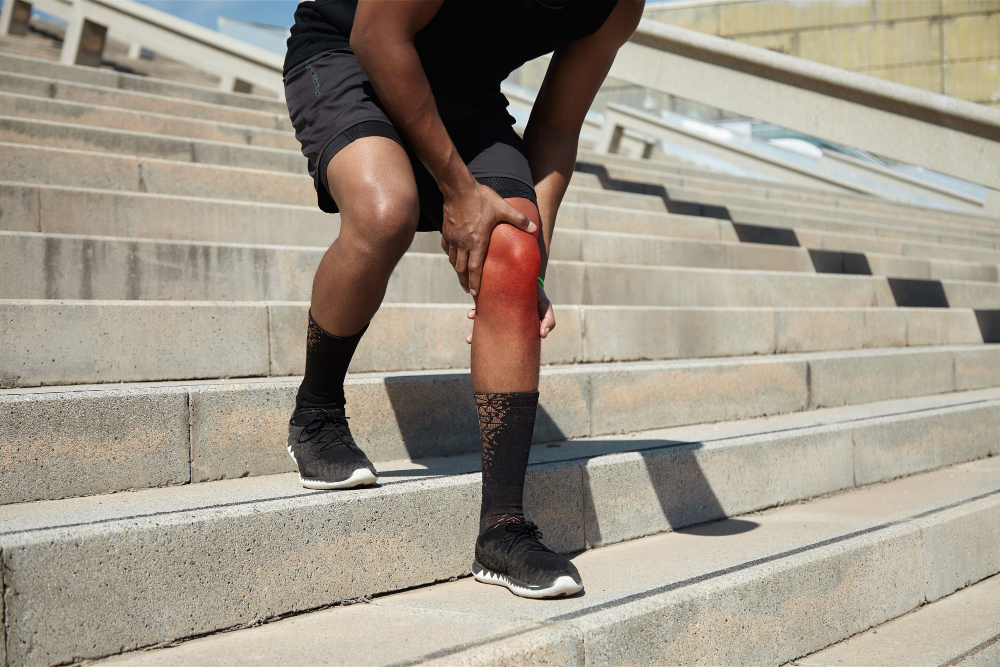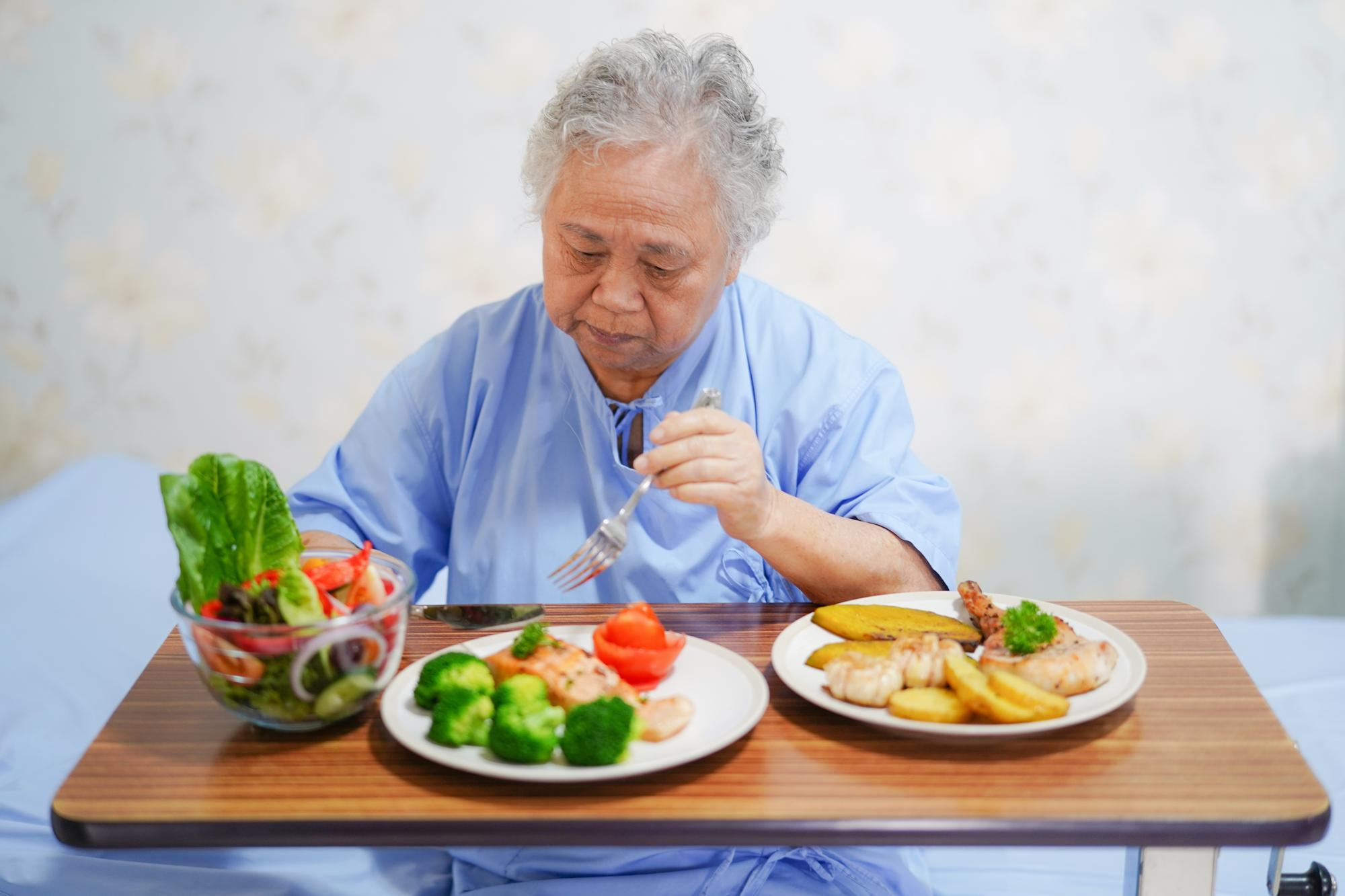
Last updated on by MRC
Recovery after paralysis, stroke, or accident-related injuries requires more than just physiotherapy and medication — nutrition plays an equally vital role. Among the essential components of nutrition for muscle recovery, micronutrients are often overlooked, yet they are fundamental in rebuilding and strengthening muscles during rehabilitation.
At the Medical Rehabilitation Center (MRC) in Kolkata, experts emphasize on paralysis treatment in Kolkata with a micronutrient-rich diet significantly accelerates recovery for patients with paralysis. Proper nutritional support ensures that the body gets the building blocks it needs to restore muscle function, prevent weakness, and improve overall mobility.
When the body goes through a phase of limited movement, as in cases of paralysis or severe injury, muscles tend to lose strength and mass due to inactivity. Rehabilitation aims to restore both — but without the right diet for muscle strengthening, progress can be slow and incomplete.
A balanced diet rich in vitamins and minerals enhances muscle protein synthesis, reduces inflammation, and improves nerve communication. Therefore, integrating micronutrients for muscle growth is a critical part of every rehabilitation plan.
Let’s explore some of the most essential micronutrients that contribute to muscle recovery in paralysis patients:
Vitamin D supports calcium absorption and improves muscle contraction and coordination. For paralysis patients, sufficient vitamin D levels help maintain bone density and prevent further muscle degradation. Sun exposure and foods like fortified dairy products, egg yolks, and fatty fish are excellent sources.
Calcium is essential for muscle contraction and nerve transmission. A calcium deficiency can delay muscle recovery. Including milk, leafy greens, and fortified cereals in the micronutrient diet can make a remarkable difference during rehabilitation.
Magnesium supports more than 300 biochemical reactions in the body, including those involved in muscle repair and energy metabolism. It also helps reduce cramps and stiffness, common issues during paralysis recovery. Nuts, seeds, legumes, and whole grains should be part of a micronutrient-rich diet for better results.
Zinc plays a pivotal role in protein synthesis and wound healing. In rehabilitation patients, adequate zinc intake helps repair damaged tissues and enhances immune strength. Foods like beans, lentils, poultry, and seafood can replenish zinc levels effectively.
Muscles require oxygen for energy production and healing. Iron ensures efficient oxygen transport through red blood cells. Iron-rich foods such as spinach, lentils, and lean meats should be included in every diet for muscle strengthening.
B-complex vitamins, especially B6, B12, and folate, support nerve repair and energy production. For paralysis patients, this means improved neuromuscular coordination and faster recovery. Whole grains, eggs, and dairy are reliable sources.
Muscle recovery often triggers oxidative stress and inflammation. Vitamins C and E act as antioxidants, protecting cells and aiding tissue repair. Including fresh fruits, vegetables, and nuts helps maintain a balanced micronutrient-rich diet for rehabilitation.
A personalized micronutrient diet is crucial in rehabilitation, especially for patients undergoing paralysis treatment in Kolkata. It should include:
At MRC, dieticians work closely with rehabilitation therapists to design customized nutritional plans that align with each patient’s recovery goals and medical conditions.
At Medical Rehabilitation Centre, Kolkata, we understand that recovery from paralysis treatment is a holistic process — one that involves physical therapy, emotional support, and optimal nutrition. Our integrated approach ensures that patients not only regain mobility but also rebuild their physical strength through proper nutrition for muscle recovery.
Our experts monitor patients’ progress and provide personalized guidance on maintaining a micronutrient-rich diet that complements ongoing therapy. From muscle reactivation exercises to dietary recommendations, every aspect of our care is designed to support complete rehabilitation.
In the journey toward recovery after paralysis, every nutrient counts. A balanced micronutrient diet not only aids muscle strengthening but also supports nerve healing and boosts overall energy levels. For patients seeking comprehensive paralysis treatment in Kolkata, focusing on micronutrients is the missing link between therapy and true recovery.
At MRC Kolkata, we believe that recovery is not just about regaining movement — it’s about regaining confidence, independence, and quality of life. With expert-led rehabilitation and a focus on nutrition for muscle recovery, we help patients rebuild their strength, one step at a time.









